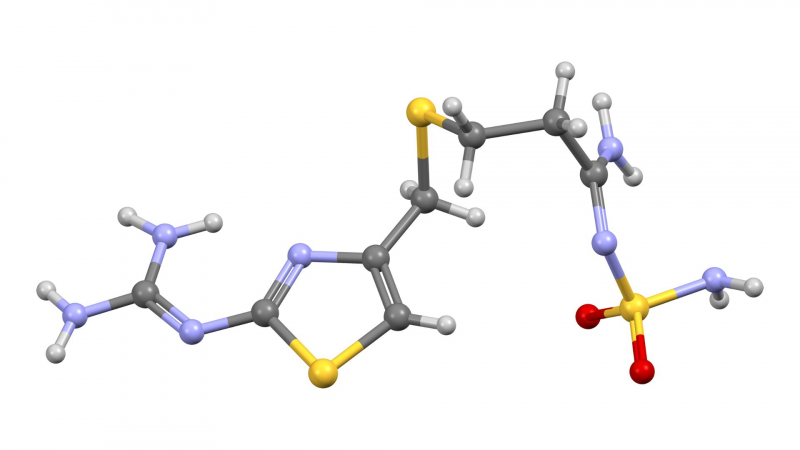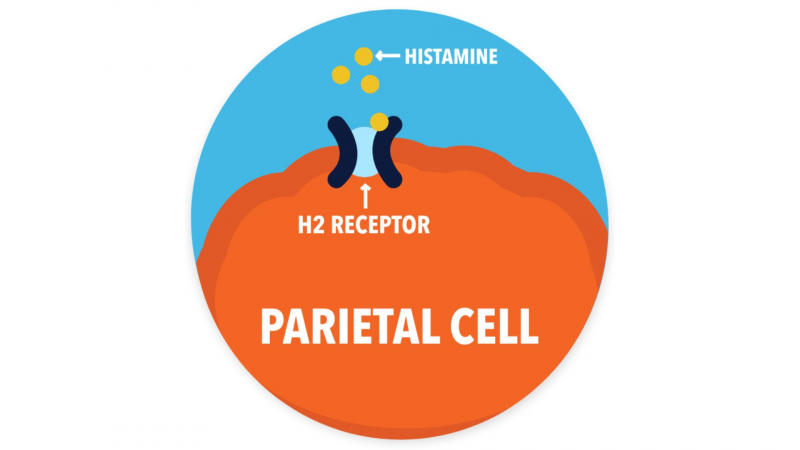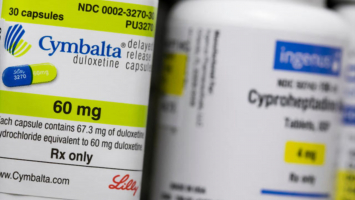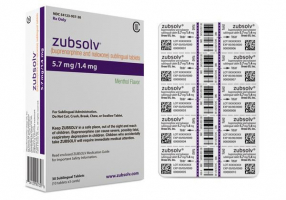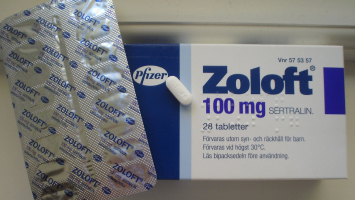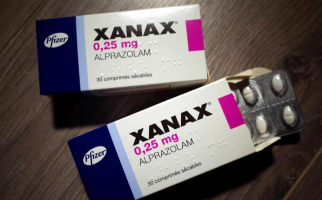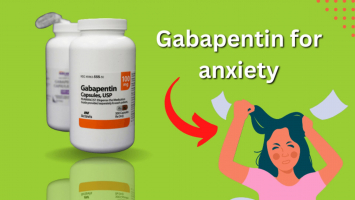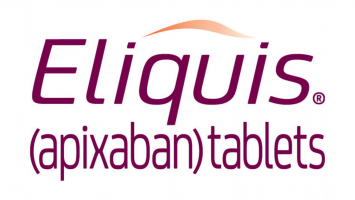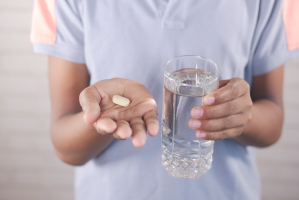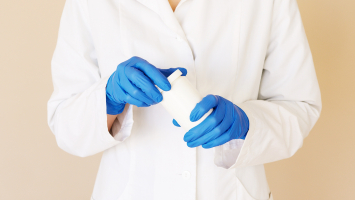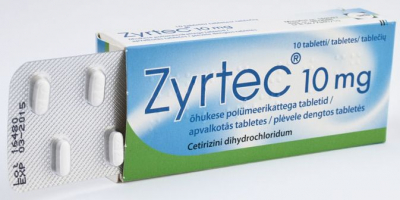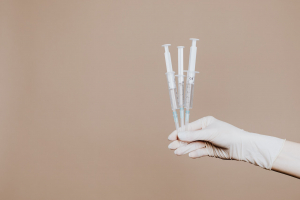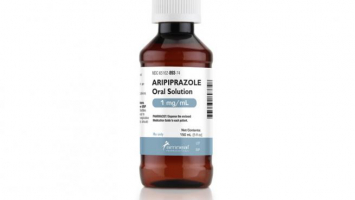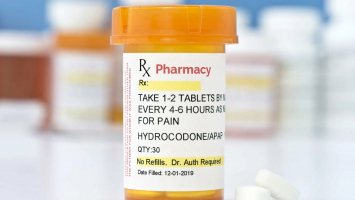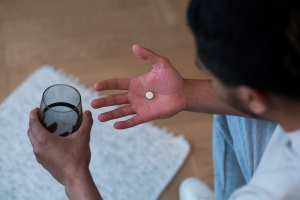Top 7 Things to Know About Famotidine
Famotidine has the main ingredient Famotidine and other excipients. The drug works well in reducing stimulated gastric secretion and basal gastric juice by ... read more...antagonizing histamine at the H2-receptor in the parietal cells in the gastric mucosa.
-
Famotidine treats some gastrointestinal diseases characterized by high acid production by reducing the quantity of stomach acid produced.
By blocking the action of histamine on histamine H2-receptors found on the parietal cells lining the stomach wall, famotidine lowers the release of gastric acid in the stomach. The chemical transmitter called histamine causes the parietal cells to secrete stomach acid. Famotidine prevents histamine from having this impact by inhibiting H2 receptors, which lowers gastric acid output.
Famotidine targets just H2 receptors (other drugs, called antihistamines, block H1 receptors that are primarily involved with allergic-type reactions).
Famotidine is a member of the class of medications known as H2 receptor antagonists (also called H2 blockers).
Drbeen Medical Lectures Medical Videos [ ANIMATED ] -
Used to treat active duodenal or gastric ulcers in the short term.
It is safe to use for up to a year as a maintenance treatment for healed duodenal or gastric ulcers.
Because it reduces stomach acid secretion, it may be used to treat gastroesophageal reflux disease (GERD) or hypersecretory conditions like Zollinger-Ellison syndrome or systemic mastocytosis.
It may also be used to treat and maintain endoscopically diagnosed erosive esophagitis.
Famotidine is available over-the-counter in approved packaging, allowing adults and children over the age of 12 to self-medicate for mild gastrointestinal complaints such as occasional heartburn, indigestion, or sour stomach caused by certain foods.
Some H2 blockers may be less likely to interact with other medications than others.
Can be used in conjunction with antacids.
There is generic famotidine available.
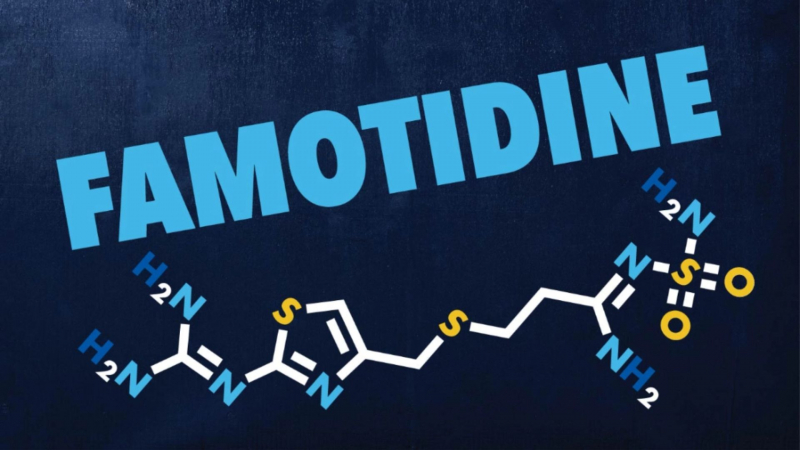
PEPCID 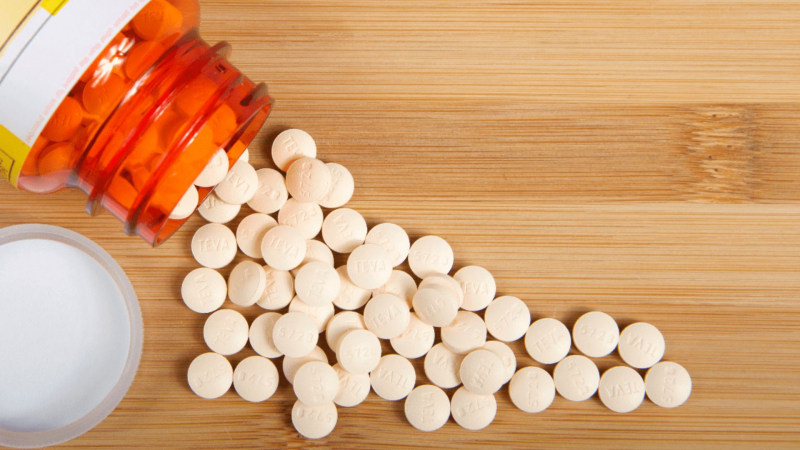
PetPlace -
If you are between the ages of 18 and 60, do not take any other medications, and have no other medical conditions, you are more likely to experience the following side effects:
- The most common side effects are a headache and gastrointestinal side effects (such as constipation, diarrhea, nausea, and abdominal pain). Other side effects in adults are uncommon.
- People with moderate to severe renal impairment, as well as seniors, are more likely to experience adverse central nervous system (CNS) reactions such as agitation, confusion, delirium, disorientation, hallucinations, lethargy, and seizures.
- A positive response to famotidine does not rule out the possibility that your symptoms are caused by gastric or duodenal cancer (stomach cancer affects approximately 28,000 people in the U.S. each year; the risk is higher in older people). Endoscopy is the only way to ensure that you do not have stomach cancer; if your symptoms persist, consult your doctor about further testing.
- Famotidine dosage should be adjusted in people with moderate kidney disease. There is insufficient data to make dosage recommendations for people with liver disease.
Seniors and children, people with certain medical conditions (such as liver or kidney problems, heart disease, diabetes, seizures), or people who take other medications are more likely to experience a broader range of side effects.
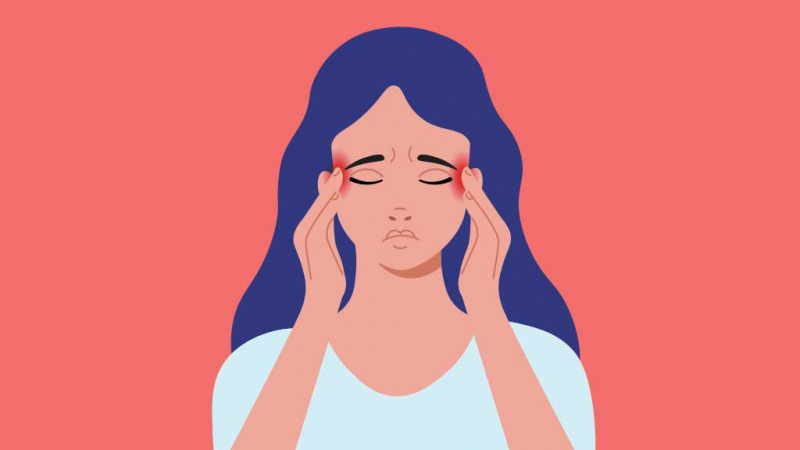
Ausmed 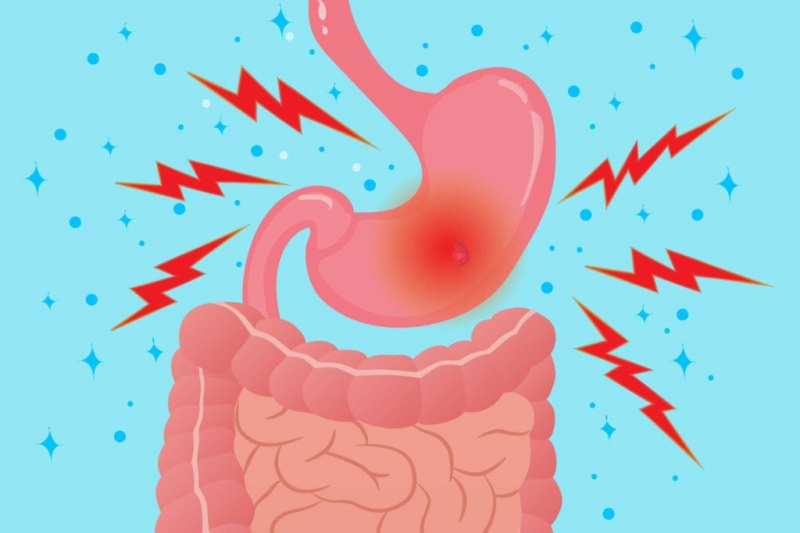
CreakyJoints -
It is safe to take with or without food. Take with a glass of water and follow the instructions on the package (self-medicating) or as directed by your doctor (prescribed).
Should be used only for short periods of time. Consult your doctor if you believe you must continue taking famotidine.
If you have gastric-acid pain, you can take antacids with famotidine.Do not self-medicate with famotidine if you are over the age of 40 and this is the first time you have had heartburn or indigestion; have a family history of gastric cancer; have coughing spells; use NSAID anti-inflammatories (such as aspirin or ibuprofen); have difficulty or pain swallowing; are pregnant or breastfeeding; or have blood in your vomit or stools. Make an appointment with your doctor instead.
Some stomach cancer symptoms are similar to heartburn. If your symptoms are persistent or severe, seek medical attention.
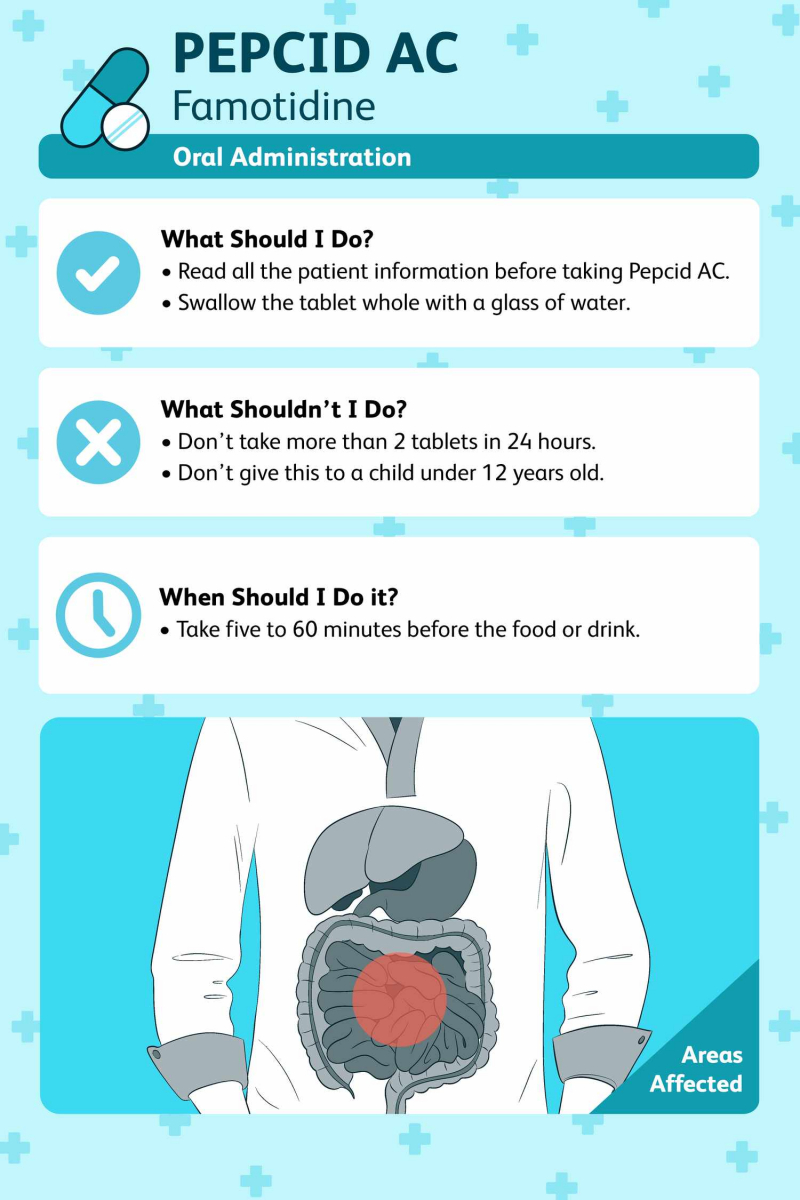
Verywell Health 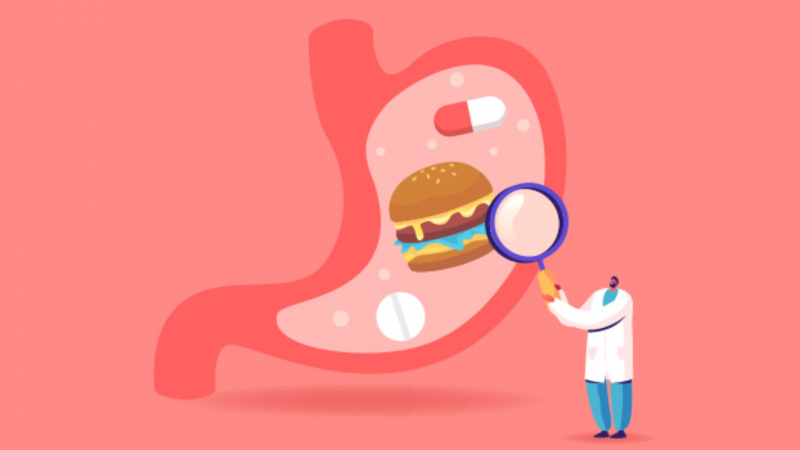
BuzzRx -
Within an hour of taking it, it begins to suppress gastric acid. The maximum effect is dose-dependent and occurs within one to three hours. Famotidine has an effect that lasts 10 to 12 hours after a single dose.
Peak effects are felt one to three hours after taking a dose. Symptomatic relief for GERD occurs within 24 hours of beginning famotidine therapy.
For 10 to 12 hours, one dose of famotidine significantly inhibits gastric acid secretion.
Food does not appear to affect famotidine absorption or peak concentrations.
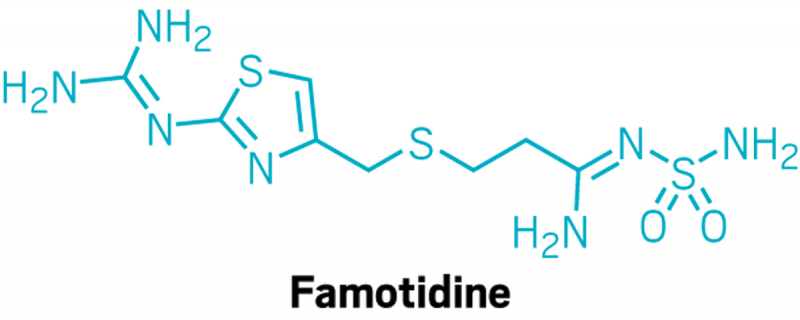
C&EN - American Chemical Society 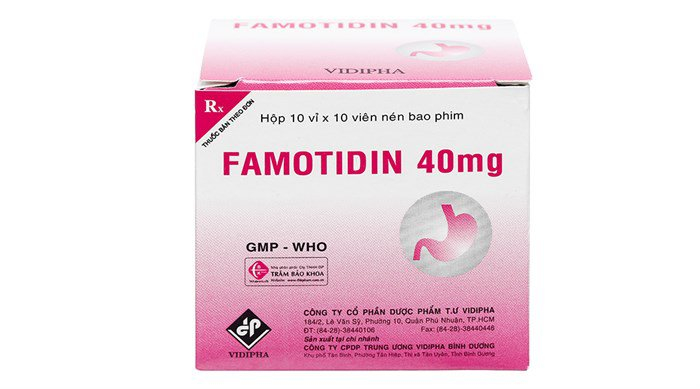
Vinmec -
Medicines that interact with famotidine may reduce its effect, shorten its duration of action, increase side effects, or have no effect when combined. An interaction between two medications does not always necessitate the discontinuation of one of them; however, it can. Consult your doctor about how to handle drug interactions.
Famotidine may interact with the following medications:
- anticoagulants (blood thinners), such as warfarin, or other drugs that have blood-thinning effects such as aspirin or NSAIDs
- antifungals, such as fluconazole, itraconazole, ketoconazole, or voriconazole
- cancer treatments, such as bosutinib, dabrafenib, dasatinib, erlotinib, neratinib, or pazopanib
- epilepsy medications, such as carbamazepine, fosphenytoin, phenobarbital, or phenytoin
- fentanyl
- hepatitis medications, such as boceprevir, ledipasvir, sofosbuvir, and telaprevir
- HIV medications (eg, atazanavir, indinavir, ritonavir, or saquinavir)
- iron supplements, such as ferrous fumarate, ferrous gluconate, or ferrous sulfate
- loperamide
- metformin
- multivitamins
- theophylline
- warfarin.
It should be noted that this list is not exhaustive and only includes common medications that may interact with famotidine. For a complete list of interactions with famotidine, consult the prescribing information.
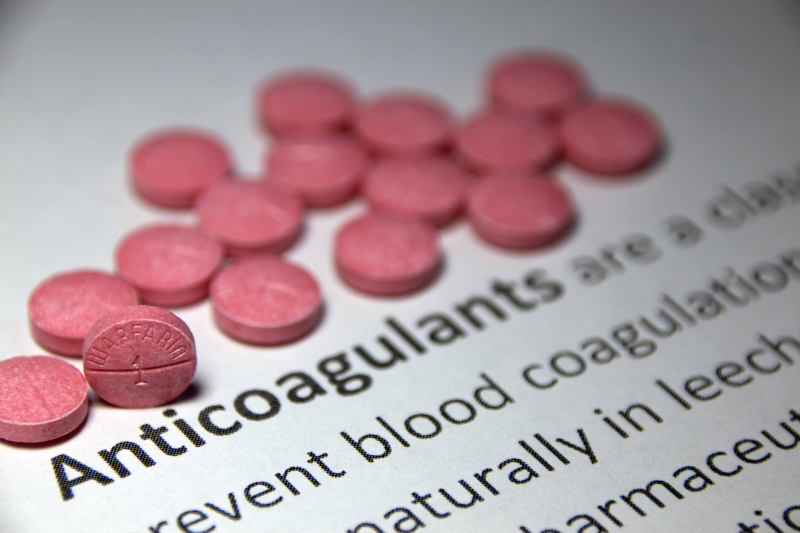
Williamson Medical Center 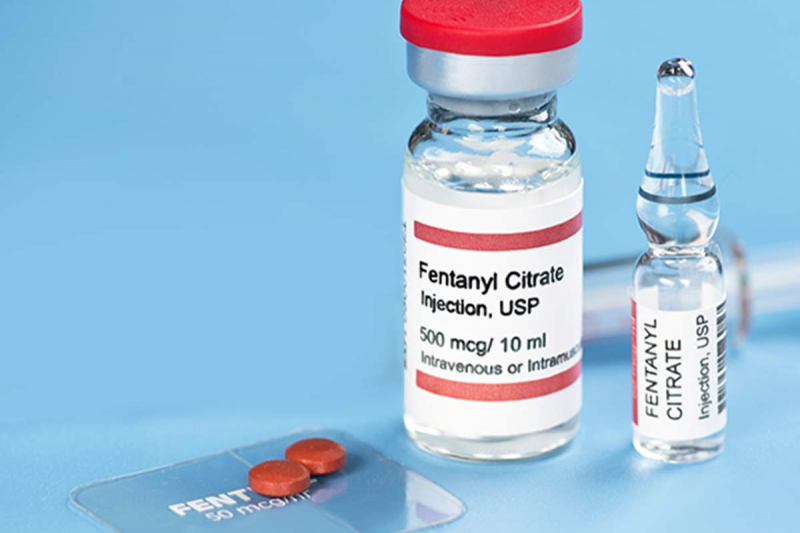
VietnamPlus








